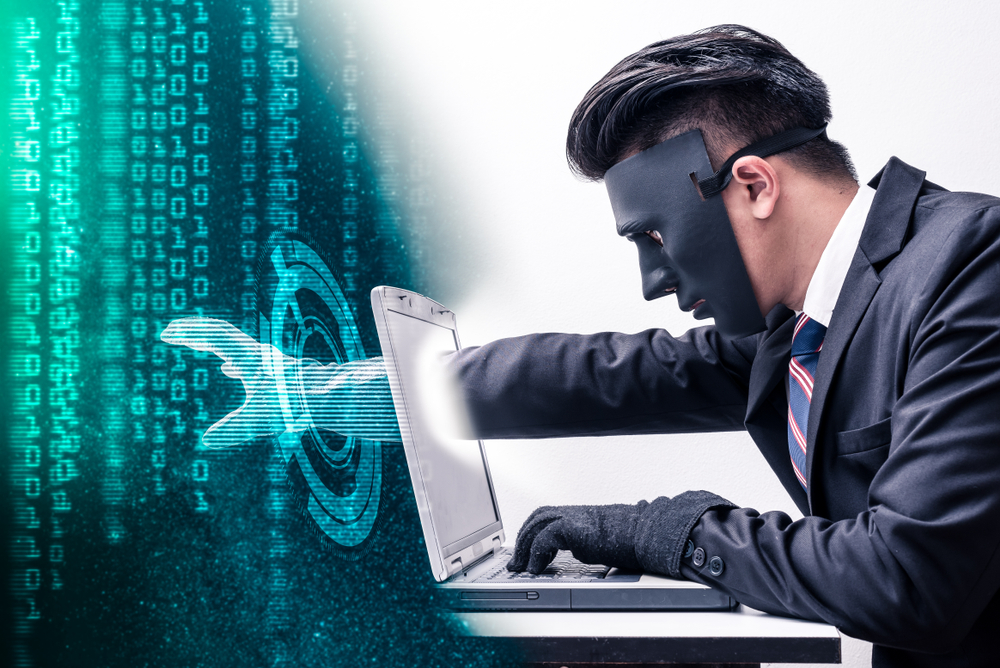We all know that passwords are an essential part of security: they protect our personal information, financial data, and online identity. However, in today’s era of AI-powered password cracking, simply creating a strong password is no longer enough. Hackers can use sophisticated algorithms to crack even the most complex passwords. In this blog post, we will discuss the best practices for protecting your passwords from AI-powered attacks. Whether it’s using two-factor authentication or regularly changing your passwords, we have tips and tricks to help you stay ahead of the game. Read on to learn more!
AI-Powered Password Cracking Explained
AI password cracking is the process of using AI algorithms to decipher passwords. These algorithms use data to learn patterns and predict potential passwords. They use a variety of techniques such as brute-forcing, dictionary attacks, and social engineering. These attacks are effective because they can analyze large amounts of data to learn about a user’s behavior and preferences. AI-powered password cracking is more efficient than traditional password cracking methods, as it can process a vast amount of information in a short period.
Best Practices for Protecting Passwords
Here are four password best practices that can help fortify your passwords and enhance the overall security of your digital presence.
- Creating strong passwords is key to protecting your information. Use a combination of uppercase and lowercase letters, special characters, and numbers. A strong password should also be at least 12 characters long.
- Two-factor authentication is another effective way of protecting your password. This method requires you to provide an extra authentication factor besides your password, such as a fingerprint, token, or a code sent to your phone. Two-factor authentication makes it harder for AI-powered attacks to crack your password, as they also have to hack the second authentication factor.
- Password managers are a great way to store passwords safely. They are third-party software that stores and organizes your passwords. Password managers can generate strong passwords and store them in encrypted form. This process ensures that no one can access your passwords unless you grant them access.
- Regularly changing passwords is also essential for protecting your information from AI-powered attacks. As hackers continue to acquire more sophisticated tools, it is necessary to keep changing your passwords to prevent them from decoding your passwords.
Additional Tips
Educating yourself on the latest security trends is a proactive way of preventing password attacks. Keep yourself informed on the latest hacking tactics, password-cracking techniques, and other types of cyber threats. This knowledge will enable you to take preventive measures and protect your passwords.
Avoiding common mistakes and minimizing exposure is also essential in maintaining password security. This includes not sharing your password, not using public WiFi, and not clicking on suspicious links.
Finally, limiting access to personal information is another way to protect yourself. When personal information is easily accessible, it increases the likelihood of an attack on your passwords.
Protecting passwords from AI-powered attacks is necessary in the modern digital world. Using strong passwords, two-factor authentication, password managers, and changing passwords regularly are effective ways of protecting your passwords. Educating yourself on security trends and avoiding common mistakes can also help prevent AI-powered attacks.
About Proven IT
Proven IT helps organizations leverage technology to boost productivity, control costs and protect confidential data. Headquartered in Illinois with customers throughout the United States, popular solutions include Managed IT, Cybersecurity, Managed Office Services, Integrated Voice & Data, Physical Security Systems and Business Process Automation.







